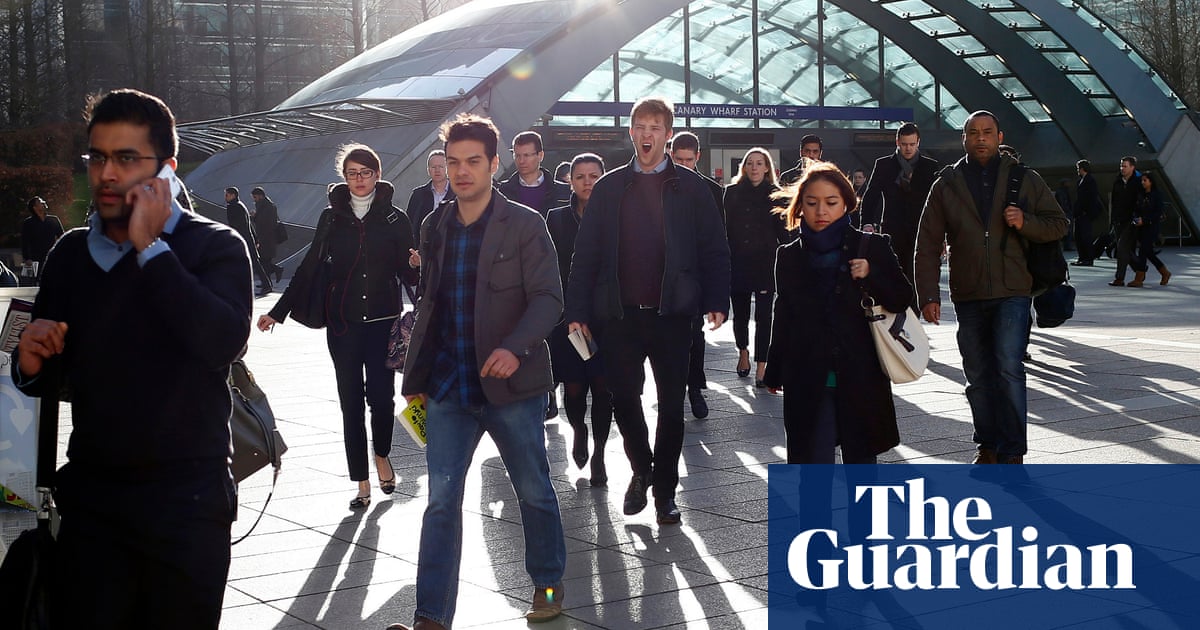
Britain"s economy risks stagnation and sticky inflation over the coming years due to persistent supply-chain bottlenecks and headwinds from Brexit, the National Institute of Economic and Social Research (NIESR) think tank warned on Tuesday.
Inflation is on course to hit around 5% next year, while Britain"s economy looks set to grow by only 1.7% in 2023 and 1.3% in 2024 after rebounding by 6.9% in 2021 and 4.7% in 2022 after the COVID-19 pandemic, NIESR said.
"We may be faced with economic stagnation," NIESR director Jagjit Chadha said. "We believe that short-run supply problems faced by the UK will persist and are likely to be exacerbated by Brexit."
Reduced European Union immigration and lower business investment than would have been the case without Brexit will also limit future growth and productivity, the forecasts showed.
"We"re getting economic management of the UK economy wrong," Chadha said, pointing to years of under-investment in training, housing and infrastructure, especially outside London.
Prime Minister Boris Johnson, who took office in 2019, has said he wants to make "levelling up" of poorer areas a priority.
In the short term, richer households were unlikely to become more willing to spend the savings they built up in the pandemic, NIESR said.
"The next few months are likely to bring stuttering growth, rising inflation and widening income inequalities to the UK economy," it said.
A further danger is a trade dispute with the EU, which could be triggered within weeks due to disagreement over customs arrangements for the British province of Northern Ireland.
Such a dispute would intensify supply chain problems and weaken sterling, pushing up inflation and increasing the chance that it becomes entrenched, NIESR said.
Its forecasts paint a broadly similar picture for growth to those last week from the Bank of England, but NIESR expects inflation to be slower to fall.
"The Bank of England (is) hoping - unreasonably we believe - that inflation will go away of its own accord quite quickly," said NIESR"s deputy director, Paul Mortimer-Lee.
Businesses" desire to rebuild profit margins, as well as higher energy prices and supply-chain pressures, would push inflation to around 5% in the second quarter of next year.
NIESR said it expected the BoE to raise its main interest rate to 0.5% in the second quarter of 2022.
The central bank wrong-footed investors and kept rates on hold last week after remarks from its governor were interpreted by markets as signalling a rise in borrowing costs this month.
"I think it was a bit of a disaster, to be honest ... leading people in the wrong direction. There"s a cost in terms of softer sterling (and a) higher risk premium on UK assets." Mortimer-Lee said.











